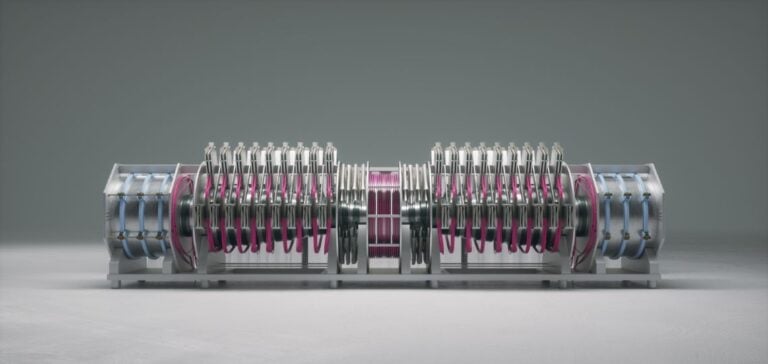Nuclear fusion, often considered the Holy Grail of clean energy, is attracting growing interest from investors.
Billionaires such as Jeff Bezos, George Soros and Bill Gates are actively funding startups specializing in this promising technology.
Nuclear fusion could offer an abundant, carbon-free source of energy, a potential solution to the global climate crisis.
However, the road to commercializing fusion is fraught with technical and scientific pitfalls.
In 2022, Lawrence Livermore National Laboratory made a significant breakthrough by generating net energy from fusion.
This achievement has intensified the race to make the technology commercially viable by 2030-2035, as predicted by the Fusion Industry Association’s 2024 annual report, reports Bloomberg.
Ambitious deadlines
Among the startups in the running, Everett, Washington-based Helion Energy Inc. stands out for its ambition to supply electricity to Microsoft by 2028.
Backed by investors such as OpenAI CEO Sam Altman, Peter Thiel and Dustin Moskovitz, Helion has raised more than $600 million to achieve this goal, according to Bloomberg.
Andrew Holland, CEO of the Fusion Industry Association, points out that Helion is the only company to have set such a precise deadline.
Nevertheless, some scientists remain skeptical about the company’s ability to meet this timetable, not least because of its lack of transparency regarding technical progress.
Technical and scientific challenges
Unlike its competitors, Helion Energy does not publish peer-reviewed experimental results.
According to CEO David Kirtley, the company’s main objective is to build a fusion power plant rather than publish scientific research.
This pragmatic approach aims to accelerate innovation through rapid iterations and successive builds.
Despite this strategy, the scientific community has its reservations.
Nuclear fusion requires controlling reactions at over 100 million degrees Celsius, a colossal challenge.
Although the technological promise is immense, the success of these projects remains uncertain.
Bloomberg reports that this uncertainty persists in the scientific community.
Future prospects
Nuclear fusion could revolutionize energy production by providing a clean, inexhaustible source.
The pressure to rapidly reduce carbon emissions makes this technology all the more crucial.
However, the global community cannot wait indefinitely for fusion projects to come to fruition.
The next few years will be crucial in assessing whether companies like Helion Energy can deliver on their ambitious promises.
The world looks forward to seeing whether these innovations can meet the energy challenges of the future.






















